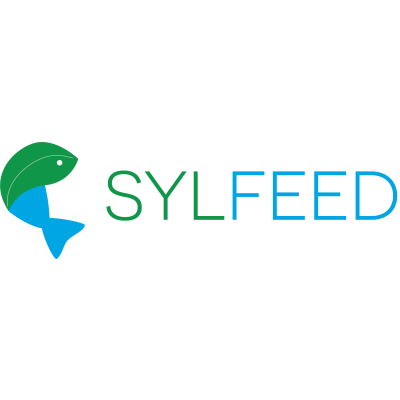
SYLFEED
From forest to feed: enable the wood industry to bridge the protein gap

From forest to feed: enable the wood industry to bridge the protein gap
Europe faces a major protein deficit, ranging between 80 and 70 % over the past 40 years, which has been covered by imports. At the same time, as the world population grows, the demand for food will increase globally. The SYLFEED project started to bridge this gap by upscaling a biorefinery concept that could convert woody biomass into high-value single-cell protein (SCP) for use as animal feed, notably in increasing fish production.
Wood residues are abundant and highly sustainable, while SCP has an amino-acid profile close to that of fish, making them an excellent raw material in fish feed formulation. The SYLFEED project demonstrated the conversion of woody biomass into proteins for use in aquaculture, establishing synergies between the forestry industry and the protein fish feed market. It created new high-value opportunities for the forestry sector and an alternative and sustainable protein source for fish farms.
The overall objective of the SYLFEED project was to build a demonstration plant with the capacity to treat 15 tonnes of biomass per day, or up to 5,000 tons of biomass per year.
It also set technological, socio-economic and environmental objectives: